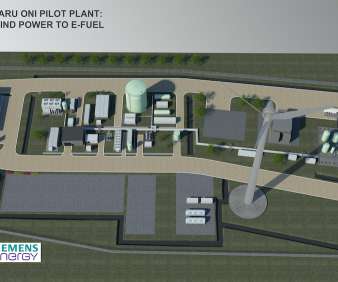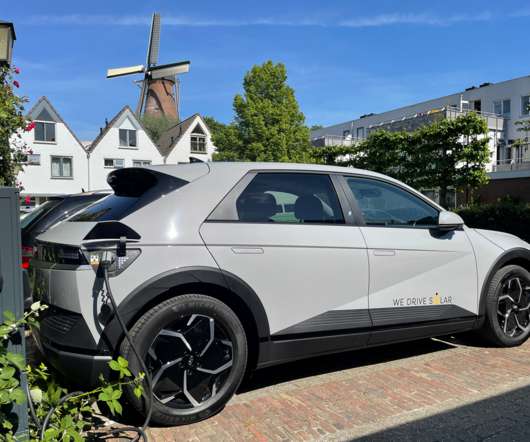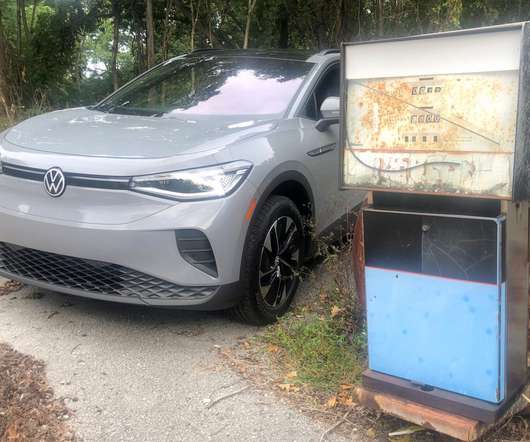Bosch on importance of renewable synthetic fuels to reach climate goals; e-fuels
Green Car Congress
SEPTEMBER 22, 2019
Electromobility is just now picking up momentum; further, electric cars are only as emissions-free as the production of electricity that charges their batteries. In addition, around half the vehicles that will be on the road in 2030 have already been sold—most with gasoline or diesel engines. Then add carbon.


























Let's personalize your content